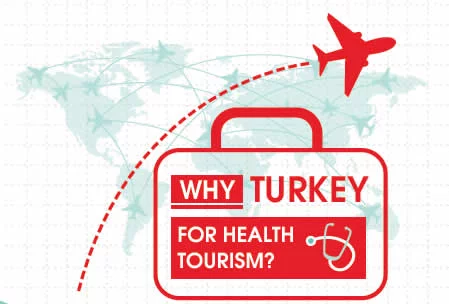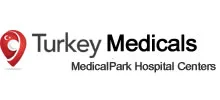
Reading time is 3 mins
.
.
WORLD WINTER MONTHS AFFECT THE EYE
Microbial eye diseases are easily spread in closed spaces such as offices, schools, nurseries, public transportation, shopping centers and air-conditioned environments….
In winter, an increase in allergic eye infections can be seen with the effect of cold weather. Microbial eye diseases can spread very quickly, especially in closed spaces such as offices, schools, nurseries, public transportation, shopping centers and air-conditioned environments. For this reason, complaints such as burning, stinging, watering and drying in the eye, especially red eyes, can multiply. So foreigners for the best Turkey holiday centers and Doctor Clinics, hair transplant and Dentist reviews for property in Istanbul, Antalya, Belek golf homes, Kemer, Alanya, Kaş, Kalkan and Fethiye, Bodrum has described eye review infections and prevention methods experienced in winter world months and seasons. Beware of climate and new changes in Turkey health news guide.
Eyes remain vulnerable in cold weather
Just as there is a decrease in body resistance during the winter months, the eyes, one of the most sensitive organs, become vulnerable. Cold and harsh weather conditions, lack of attention to personal cleanliness and hygiene make it easier to transmit and spread infections quickly. In addition, excessive migration, social structure and economic deficiencies also increase the risk of developing eye infections.
Beware the red eye
Adenoviruses, which cause colds and throat infections in the winter months, can easily be transmitted to the eyes. Adenovirus (adenoviral keratoconjunctivitis) is a disease that spreads very easily and quickly. For this reason, outbreaks can be seen after infection. A large majority of patients experience red eye disease that develops due to adenovirus. Especially office, school, nursery, public transport, shopping center, such as indoor spaces and air-conditioned environments spread very quickly.
Permanent visual disturbances can occur if the infection is left untreated
Infection-infected eyes are observed with tears, watery and white discharge, Flushing, Burr, drying and excessive discomfort from light (photophobia). The disease heals after 1 Week-10 days. But in some patients, if left untreated, it can also cause permanent vision disorders. In addition, severe damage around the eyes may be seen due to cold weather. Freezing and bruising can occur on the skin exposed to cold, slowing blood circulation.
Computer and air conditioning can lead to dry eyes
People who work in an office environment and have to stand in front of a computer for a long time are also at risk. Dry eye disease is quite common in these people. In cases that require focus, the patient’s current number of blinks decreases, and the eyes dry more quickly. Dry eyes are manifested in the form of stinging sensation, watering and flushing in the eyes. For this reason, it is necessary to moisturize the working environment, blink the eyes more often, and use tear drops recommended by a specialist doctor. Air conditioners used for heating in winter should also be closed at certain intervals, the space should be ventilated as much as possible. Prolonged operation of the air conditioner can cause dryness in the eyes and cause discomfort.
If there’s a blockage in the tear duct
The most obvious feature of eye infections experienced during the winter season is that the findings first show the effect in one eye and then in both eyes. The eyes have a defense system against infections, but a lot of attention should be paid because the infections are contagious. In order to maintain eye health, the eyes must be protected in winter. Especially people with tear duct obstruction are more affected by cold and windy weather and their complaints increase. Because tear obstruction causes watering in the eyes, this type of patients should pay a lot of attention. If irrigation becomes continuous, conditions that require surgical intervention may develop.
UV protected glasses to protect against snow blindness
Snowy global weather also negatively affects eye health. This disease, called snow blindness, develops as a result of exposure to sudden and intense ultraviolet rays of the eye. In addition to pain, burning, stinging and watering in the eyes, involuntary closure of the required eyelids blepharospasm surgery Turkey is also observed. Blurred vision can also be experienced depending on the level of damage caused by snowy weather to the eyes. For this reason, UV-protected sunglasses should be used in snowy weather. Sun rays reflected from snowy and icy areas can damage the retina, lens and corneal layers of the eye.
Hands should be washed frequently
World Conditions that need to be done during eye infections may vary depending on the symptoms experienced. Drops with antibiotic content do not cure adenovirus and other viral eye infections. It is used only in cases where bacterial eye infection is suspected, so as not to cause bacterial conjunctivitis. Hands should be washed frequently so that infections do not infect the eyes. Close contact should be avoided, especially with people with red eye disease. Because this eye infection is contagious, patient care products such as towels, cosmetics and creams should never be used in common whether your on historic holidays with family and friends, or simply at your Turkish riviera traditional Mediterranean style living on valid 2021-2022-2023 Turkish residence permit ID Card benefits in Turkey.
.
.
..
